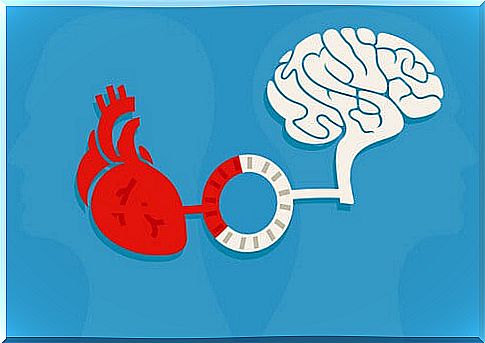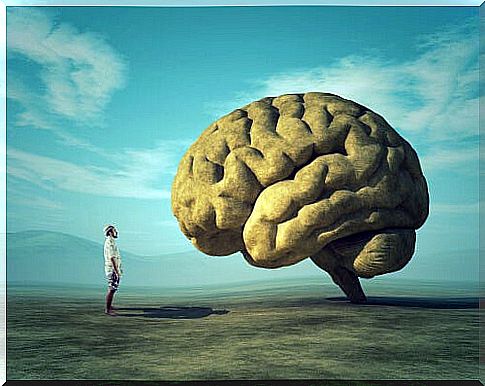Reason And Emotion: The Balance That Produces Good Decisions

Especially in illustration, the belief was cultivated that the best decisions are made from reason. However, making decisions by putting your emotions aside is not always effective or possible. Making decisions from your emotions, forgetting your reason, is not a guarantee of good results either. Thus, to make decisions, it is best to mix reason and emotion.
Finding a smart balance between the rational and the emotional is key to increasing decision-making success. At the same time, this balance is the result of life experience and, therefore, of many mistakes.
Therefore, perhaps the first smart decision we can make is to stop facing reason and the heart (emotions), since, if we think about it, in most cases they usually choose the same option. However, unfortunately, separating reason and emotion is very common.

Are there the right decisions?
We all want to make the right decisions, the right ones. But what is a correct decision? Difficult question to answer. Some would say that the right decision is the one that brings us the most benefit. But this is not always clear, but everyone would choose the decision that benefits him the most regardless of the consequences for others.
For example, when we fall in love, emotions gain strength and tend to take control of our decisions. During infatuation, we are somehow blind, but also deaf. Now, from the outside, is this what benefits us the most?
Emotions, outside of falling in love, continue to influence our decisions. Its importance was especially highlighted by some brain lesions in the orbitofrontal cortex.
This region is involved in the functioning of the amygdala, another part of the brain that is part of our “emotional system.” Thus, patients with lesions in the orbitofrontal cortex have less regard for emotions when making decisions.
Reason and emotion without mixing
What would we think of a person who makes purely rational decisions? Knowing that a person only cares about the benefits, we would not trust it. He would not be a person we could trust. However, we hope that people are rational to trust them.
Or not?
The truth is that empathy, the ability to perceive emotions in others, is what makes us trust other people more than their rationality. We are going to trust more in those people who are able to smile at us or get emotional in the face of our pain.
This is easier to see in teenagers. At that age, we usually make decisions that involve great risks. That is why adolescence is often considered a very difficult stage where adolescents ignore their parents. The cause, or at least one of the causes, is found in the prefrontal cortex of the brain.
In this part of the brain is the orbitofrontal cortex, which has not fully matured. By not having matured, the control of emotions is less efficient and, therefore, the influence on decision-making is influenced by emotions. Fortunately, experiences in this stage of life will lead to the maturation of this part of the brain.

The role of emotion in decision making
So far it seems that there is a great contradiction. We say that the best thing to do when making decisions is to mix reason and emotion, but so far only the negative influence of emotions has been talked about. To understand the role of emotions, it is necessary to understand what somatic markers are.
Somatic markers are feelings that guide decisions when making decisions. These markers help us decide which option will be the best for our interests, especially when reason handles so many elements that it is not capable of deciding on a clear option.
Somatic markers can also be understood as intuitions that have been generated from past experience. Intuitions warn us of the consequences of choosing some decisions.
For example, if we go through a street where we were robbed a long time ago, we will have the feeling that it is better to go down another street. But these intuitions are not always conscious. Therefore, we may change streets suddenly, without knowing how to give a reason in case they ask us.
Emotions sometimes act as an alarm to the options that do not suit us. However, these warnings are not always reliable. They can warn us of unreal dangers, such as phobias.
Luckily, along with that intuition are rational processes, which allow you to weigh the pros and cons. This duality between reason and emotion is what guides our decisions and what keeps us going and keeping hope. Do not stop being who we are, while we are.









